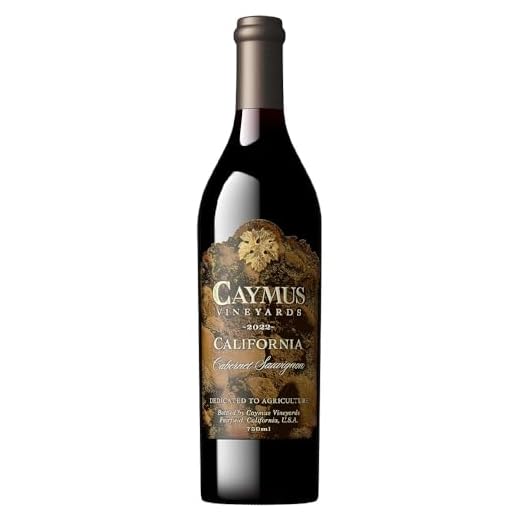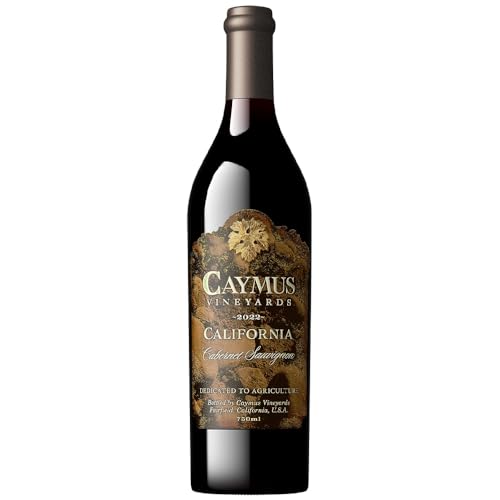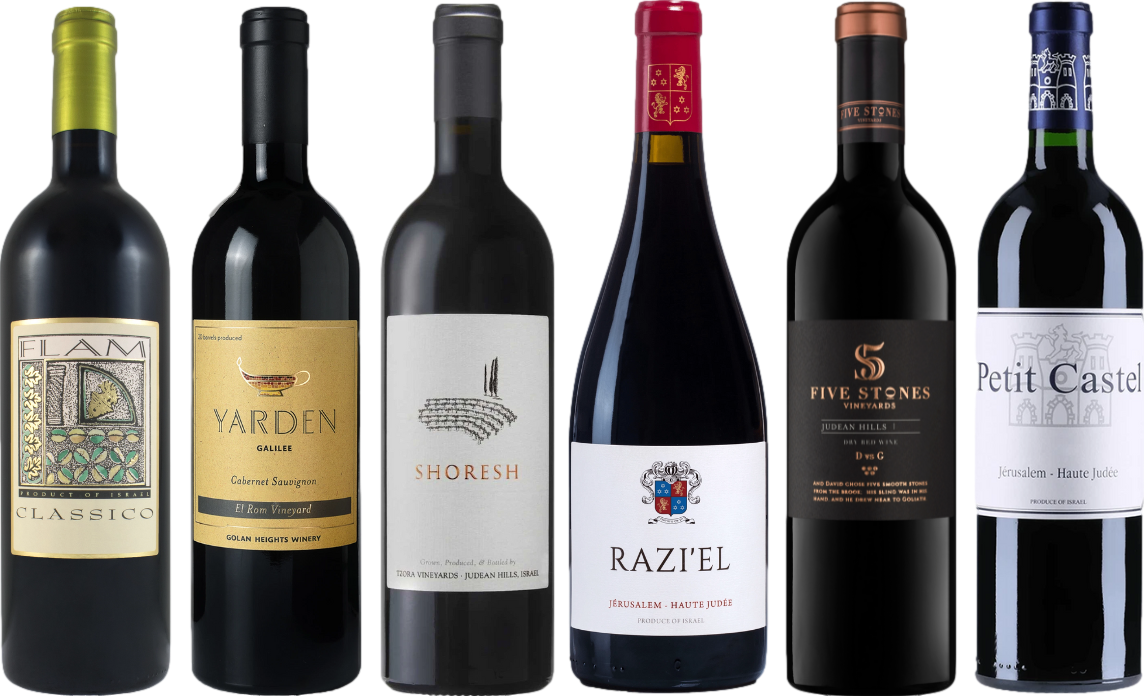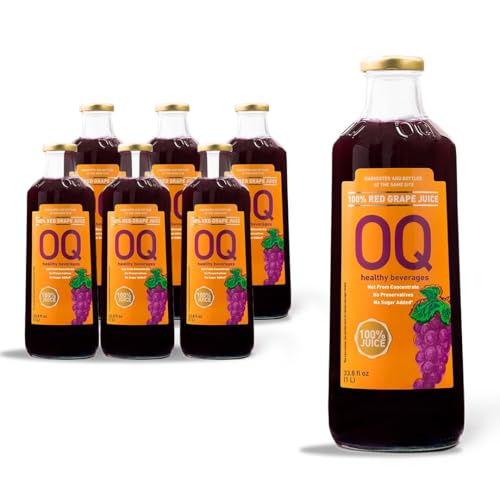



The ideal companion for a juicy cut of beef is a full-bodied Cabernet Sauvignon. This variety, with its robust tannins and dark fruit flavors, complements the rich umami notes found in well-seasoned meat, creating a harmonious dining experience.
Another excellent choice is a Malbec, particularly those hailing from Argentina. With its velvety texture and notes of plum and chocolate, it enhances the savory flavors of grilled beef, making every bite even more satisfying.
If you prefer something with a bit more spice, a Syrah or Shiraz can elevate your meal. The peppery undertones and rich fruit profiles of these wines play beautifully against the charred exterior of grilled meat, providing a delightful contrast that excites the palate.
Don’t overlook the elegance of a Merlot either. Its softer tannins and juicy cherry flavors can provide a refreshing balance to the intensity of grilled beef, making it a versatile option for various preparations.
Lastly, consider a Zinfandel, especially if you enjoy a hint of sweetness. Its bold fruitiness and hints of pepper can beautifully complement barbecue flavors, enhancing the overall taste sensation.
Recommended Pairings
For a robust cut like ribeye, I suggest a Cabernet Sauvignon. Its tannins complement the rich marbling, enhancing the overall experience. Look for options from Napa Valley or Bordeaux for depth and structure.
If you’re opting for filet mignon, consider a Pinot Noir. Its acidity and fruitiness will balance the tenderness of this cut beautifully. Seek out bottles from Oregon’s Willamette Valley for an elegant match.
For those who enjoy a bit of spice, a Syrah or Shiraz works wonders with a grilled flank or skirt cut. The smoky notes from the wine will echo the char on the meat, creating a delightful synergy.
When serving a well-seasoned t-bone, reaching for a Malbec can elevate your meal. This varietal’s bold fruit flavors and velvety texture enhance the savory profile of the dish, especially when accompanied by a chimichurri sauce.
Lastly, for a classic pairing, a Merlot can be a versatile choice. Its softer tannins and lush fruit make it suitable for a variety of beef preparations, from hearty stews to grilled cuts.
Understanding the Flavor Profiles of Different Cuts
Filet mignon offers a delicate texture and subtle taste, making it ideal for smooth and velvety options. The richness of a Cabernet Sauvignon or a Merlot complements this cut beautifully, enhancing its mild flavor without overwhelming it.
Ribeye, known for its marbling and robust flavor, thrives with bolder choices. A Syrah or Zinfandel can stand up to the richness and add layers of spice and fruit, creating an engaging experience with each bite.
New York strip showcases a balance of tenderness and flavor intensity. Here, a Malbec or a Cabernet Franc can elevate the experience, as their tannins and fruitiness harmonize with the steak’s natural juices.
Sirloin presents a slightly firmer texture with a hearty taste, making it versatile. A Grenache or a Chianti can enhance its savory characteristics, providing a delightful contrast that enhances the overall palate.
T-bone combines the best of both worlds with its tender filet and flavorful strip. A robust Bordeaux or a Tempranillo works wonders, as their complexity matches the diverse textures and tastes of this cut.
Understanding these profiles allows you to select the perfect companion, enhancing every meal experience and celebrating the unique qualities of each cut.
Top Varieties for Grilling Beef
For grilling beef, I recommend focusing on full-bodied selections that can complement the intense flavors of the meat. Here are some stellar options:
- Cabernet Sauvignon: This variety offers rich tannins and dark fruit flavors, making it a classic match for grilled cuts like ribeye or New York strip.
- Malbec: Known for its bold profile, Malbec’s plum and blackberry notes enhance the savory quality of grilled beef, especially with a charred crust.
- Syrah/Shiraz: This grape brings spicy and smoky characteristics, perfect for cuts like flank or skirt steak, especially when marinated.
- Zinfandel: With its jammy fruit and peppery notes, Zinfandel pairs beautifully with barbecue-style preparations, adding a layer of complexity.
- Merlot: Softer tannins and ripe fruit flavors in Merlot can complement leaner cuts, like filet mignon, providing a smooth balance.
Experimenting with these varieties can elevate your grilling experience, allowing you to discover unique pairings that enhance both the meat and the beverage.
How Tannin Levels in Wine Affect Steak Pairing
When selecting a bottle to accompany grilled beef, the tannin content can significantly influence the overall experience. High tannin levels create astringency, which can enhance the flavor of fattier cuts, such as ribeye or T-bone. These bold choices benefit from wines like Cabernet Sauvignon or Malbec, where the tannins balance the richness of the meat.
For leaner options like filet mignon, a wine with moderate tannins, such as Pinot Noir, is preferable. The softer structure complements the delicate texture without overwhelming it. The goal is to achieve harmony; thus, understanding the tannin levels allows for a more refined selection.
Balancing Tannins and Fat
The interaction between tannins and fat is crucial. Tannins bind with proteins in the meat, softening the palate and helping to highlight the dish’s flavors. A well-marbled cut thrives when paired with a full-bodied option, while leaner varieties shine alongside gentler wines, ensuring that the flavors do not clash.
Experimenting with Varieties
Each varietal brings unique tannin characteristics. For instance, Syrah tends to have a robust profile, suitable for hearty dishes, while Grenache offers lighter tannins, making it versatile for various preparations. Experimentation with different combinations can lead to delightful discoveries, enhancing both the meal and the accompanying choice.
Serving Temperature: Best Practices for Red Beverage with Beef
The optimal serving temperature for a robust pour ranges between 60°F and 65°F (15°C to 18°C). This temperature allows the complex flavors to emerge, enhancing the overall experience when consumed alongside grilled or seared meat.
Chilling a bold vintage too much can mute its character. Conversely, serving it too warm can accentuate alcohol, overshadowing its nuances. To achieve the right temperature, store bottles in a cool, dark place, ideally at around 55°F (13°C). Prior to indulging, allow it to breathe for 30 minutes to an hour after opening; this helps soften tannins and integrate flavors.
Use a thermometer for precision, especially with varietals known for their intense profiles. For example, a full-bodied Cabernet Sauvignon should align with the upper end of the range, while lighter options like Pinot Noir may benefit from the lower end. When serving, consider the ambient temperature; if it’s particularly warm, slightly chill the pour for balance.
Glassware also plays a significant role. Opt for a larger bowl to facilitate aeration and allow the bouquet to flourish. The right glass directs aromas to your nose, enhancing the tasting experience. Pay attention to the shape: a wider opening helps concentrate aromas, making each sip more enjoyable.
Incorporating these practices will elevate your dining experience, ensuring that each sip complements the flavors of your meal perfectly.
Regional Pairings: Wine and Steak Combinations from Around the World
For a perfect meal, consider the regional specialties that enhance the experience of grilled beef. In Argentina, a Malbec from Mendoza is a classic choice. Its rich fruit flavors complement the charred notes of a perfectly cooked flank cut.
In the United States, particularly in California, a robust Cabernet Sauvignon from Napa Valley excels alongside a ribeye. The wine’s tannins and bold structure enhance the marbling of the meat, creating a harmonious balance.
Global Pairing Highlights
| Region | Wine Type | Beef Cut |
|---|---|---|
| Argentina | Malbec | Flank Steak |
| United States | Cabernet Sauvignon | Ribeye |
| France | Bordeaux Blend | Filet Mignon |
| Italy | Barolo | Sirloin |
| Australia | Shiraz | T-Bone |
In France, opt for a Bordeaux blend to go with a filet mignon. The complexity of the wine mirrors the tenderness of the cut. Meanwhile, an Italian Barolo pairs beautifully with sirloin, showcasing the earthiness of both the meat and the wine.
Australia’s Shiraz, known for its boldness, works wonders with a T-bone, enhancing the flavors with its spicy notes. Each region brings its character to the table, making the experience memorable.
To elevate your meal further, consider sides that complement the main course. For instance, how to cook fresh brussel sprouts in a skillet is an excellent addition that pairs well with these dishes.









